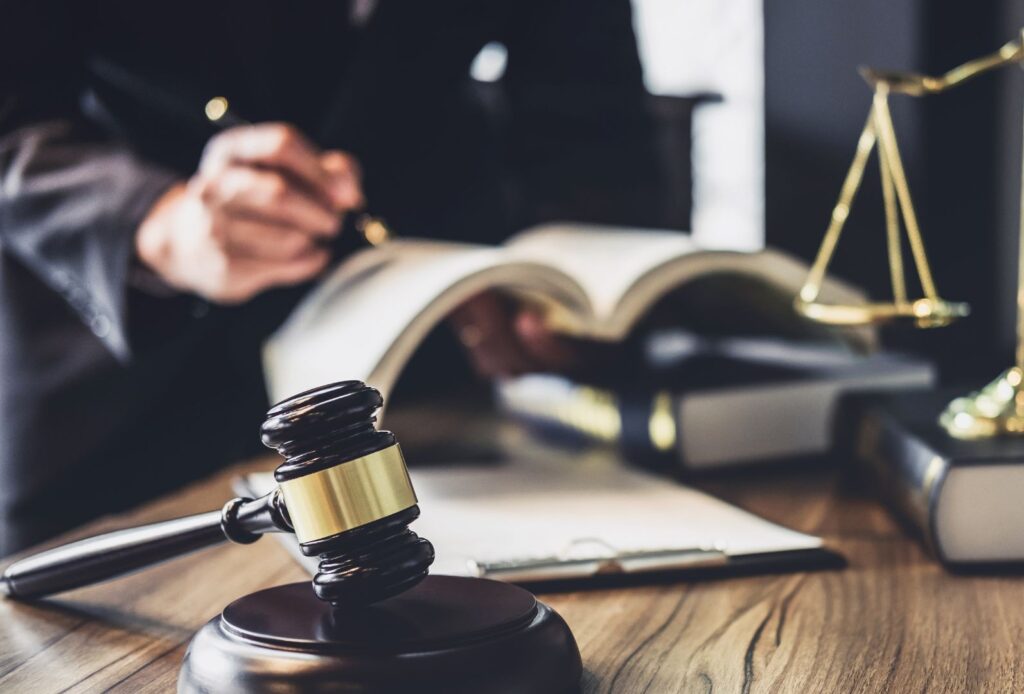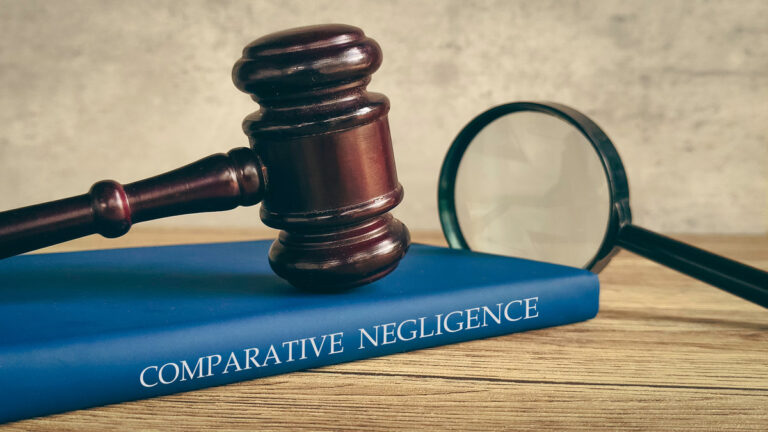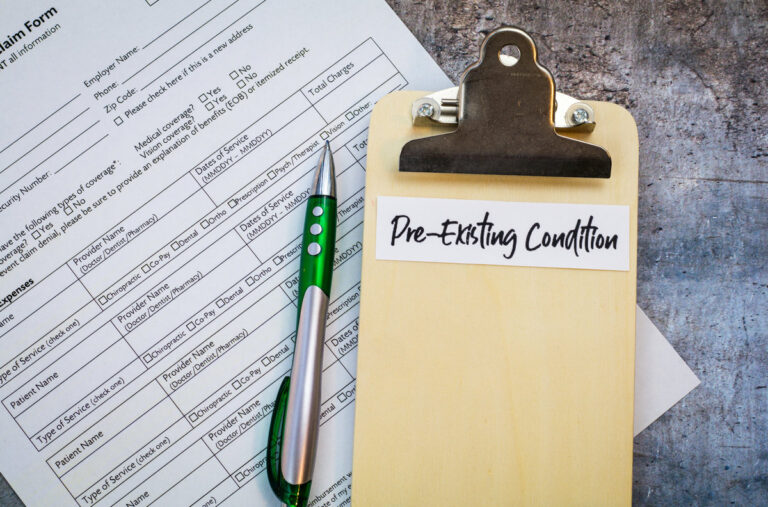Wrongful death lawsuits must meet a burden of proof based on a “preponderance of the evidence.” The injured client must show that the other party’s wrongful actions were the proximate cause of death. In other words, the evidence must show it’s more likely than not that the other party’s actions caused the death.
Breaking Down Wrongful Death in Wisconsin
Per Wisconsin law (Statute 895.03) a wrongful death is when someone dies because of another person’s mistake or carelessness. This includes cases when the accident was avoidable.
If the deceased person had survived, they would have been able to sue for their injuries. But, since they passed away, the law allows other parties to sue on their behalf. That includes their surviving spouse, child, or parent. It can also include a representative of the deceased person’s estate.
The family or estate can sue for various things like:
- Medical costs
- Funeral expenses
- Lost wages
- Emotional pain
While Wisconsin Statute 895.03 itself doesn’t give specific details about what kind of proof is needed, Wisconsin courts use this standard in most civil cases.
Types of Evidence in a Wrongful Death Case
In a wrongful death case, several types of evidence are crucial for establishing liability and demonstrating damages. Key evidence includes:
- Medical Records: Documentation of the deceased’s medical history, treatment, and cause of death, including autopsy reports.
- Witness Testimonies: Statements from individuals who witnessed the incident or have relevant information.
- Accident Reports: Official reports detailing the circumstances of the incident.
- Photographs and Videos: Visual evidence of the accident scene and injuries, including surveillance footage.
- Expert Testimony: Opinions from professionals who can establish liability or assess the impact of the death.
- Financial Records: Documentation of the deceased’s income and the financial impact on family members.
- Death Certificate: An official document confirming the identity, date, and cause of death.
Collecting these types of evidence is essential for building a strong case for compensation in a wrongful death lawsuit.
Common Causes of Wrongful Death
Common causes of wrongful death include a variety of scenarios where someone’s negligent or reckless actions lead to another person’s death. Here are some frequently encountered causes:
- Car Accidents: Fatalities can occur due to car collisions caused by distracted driving, speeding, or driving under the influence of alcohol or drugs.
- Trucking Accidents: Truck accidents can also cause wrongful deaths. Drivers may fall victim to fatigue or dismiss the rules of the road, causing an accident.
- Motorcycle Accidents: Motorcyclists are often more vulnerable to severe injuries from collisions, especially when struck by negligent drivers.
- Premises Accidents: Fatal injuries can occur in unsafe working or commercial environments, often due to inadequate safety protocols or equipment failures.
- Product Liability: Defective products can also cause deaths. This includes drugs, cars, and everyday items that do not meet safety standards.
Understanding these common causes can help identify potential wrongful death cases and provide a basis for legal claims.
Settlement Amounts in a Wrongful Death Case
Compensation varies significantly in these cases. Insurance policies, for example, will affect the overall limit of a loved one’s payout. Other factors influencing wrongful death claims compensation include:
- The type of wrongful death case
- The amount of parties involved
- The extent of the losses
- The extent of suffering
- Wages made while living
- Expected wages and other forms of income
In wrongful death cases, lawyers make a point to ensure insurance companies consider future losses. In other words, if a family relied on the deceased person’s salary, that could impact the overall compensation amount.
Wisconsin Wrongful Death Lawyers
No level of compensation can make up for the loss of a loved one. But a settlement can help provide a sense of justice for the confused and emotionally distraught. It can also help ease everyday work-related stresses and provide loved ones the time to grieve.
Our law firm provides personal injury and wrongful death help to Wisconsin residents statewide. Connect with our office to request a free case evaluation.





